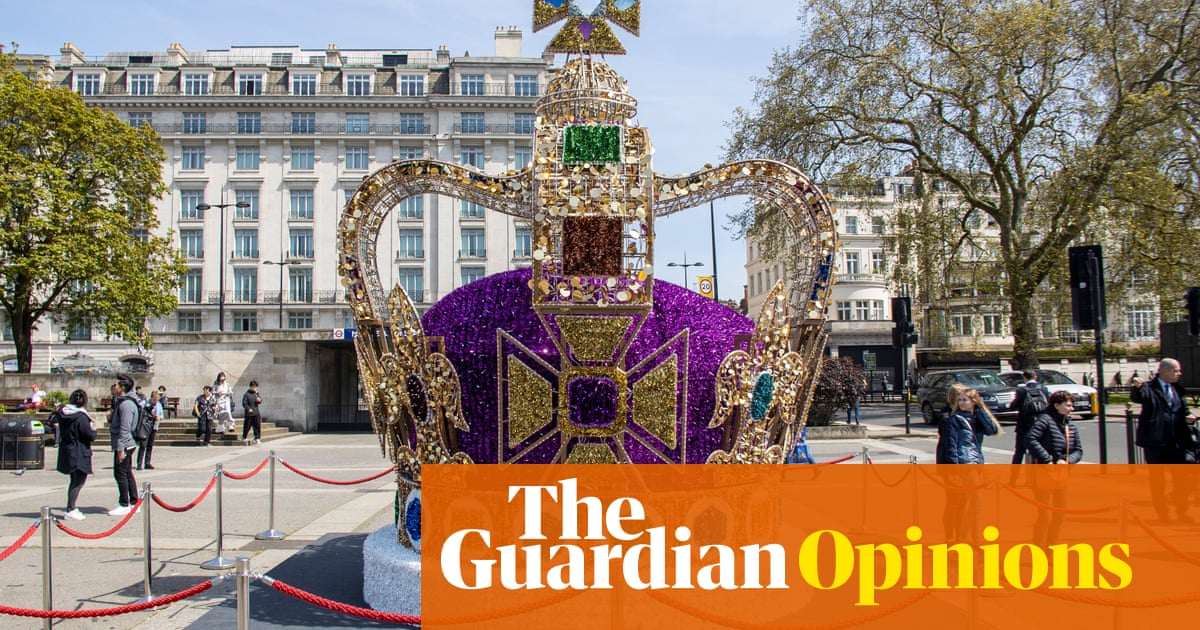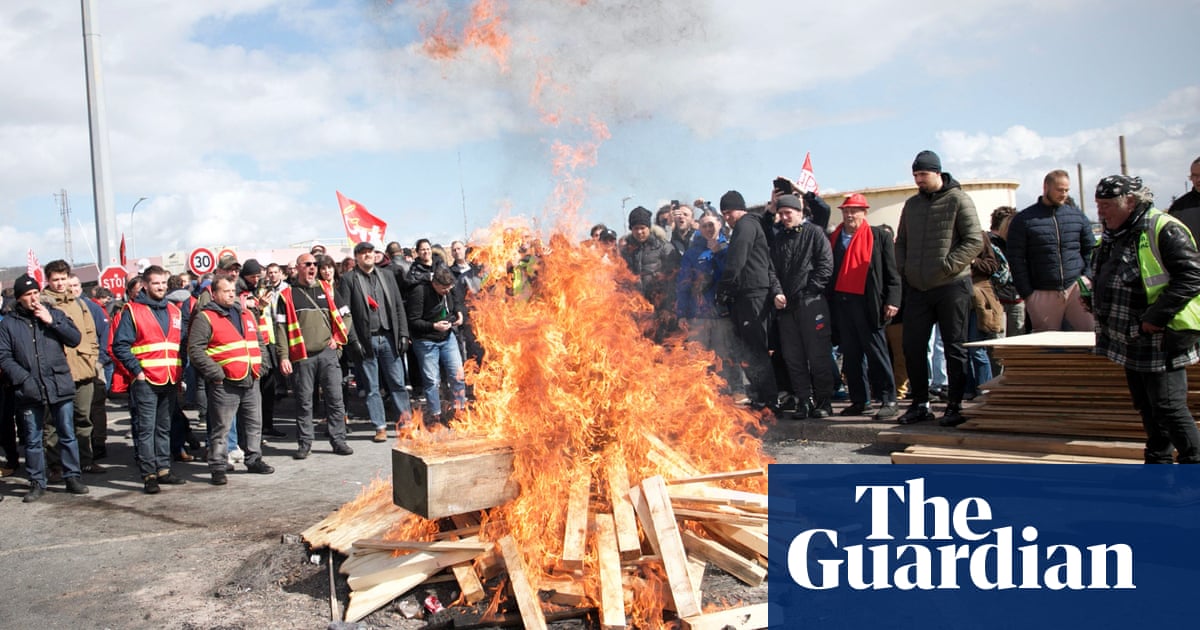
The Pew Research Center last week published an article with a fascinating graph that clearly demonstrated the extent to which the United States is an outlier among wealthy countries in terms of Americans’ religious devotion. The article noted that “the US is the only country out of 102 examined in the study that has higher-than-average levels of both prayer and wealth.”
Pew has found that Americans are also more likely to regularly attend religious services and consider religion important than Europeans and people in most other large, developed states. A Pew study published in June found that 53 percent of Americans said that religion “is very important in their lives” — a much higher number than in most European countries, as well as in Russia, China, Australia and Canada. The US is closer to the global average and to some less developed countries in terms of its overall religious adherence.
While Americans are more religious relative to most other wealthy states, religious affiliation in the US is decreasing. A 2015 Pew study found that the number of Americans who identify as Christian dropped by eight percentage points between 2007 and 2014, though Christians were still the majority at around 70 percent. While Americans who affiliate with a religion other than Christianity increased slightly, the main growth was in Americans who no longer identify with a specific religion. As in many other countries, younger Americans are less likely to be religious than older generations.
Transatlantic observers have long noted Americans’ greater levels of religious devotion in comparison to Europe, going back to French sociologist Alexis de Tocqueville in the 19th century. Many academics and analysts have offered different explanations for why the US has a higher level of individual religious belief and practice than Europe and other peer countries. While the US clearly breaks with the correlation found in much of the world between greater wealth and security and lower levels of religious devotion, some analysts argue that the level of economic inequality in the US is a major explanatory factor.
Others who study American society have offered explanations that include the country’s immigrant history, the effects of slavery, the emphasis on individual liberty, Americans’ tendency to see religion and morality as closely linked, and the popularity of revivalist religious traditions in the country. Other explanations look at the height of religion’s popularity in the country during the Cold War, including the way in which US political and religious leaders pitted Christianity against “godless” communism. Additional reasons might relate to cultural elements that are hard to pinpoint, such as the effect of living in a large country with extreme weather and geographical features, or the American affinity for visionary ideals.
The reasons why Americans tend to be more religious than their Western peers are certainly complex and multilayered. Personally, I draw on my experience living in Europe and the US to identify three factors that I think are important in contributing to this significant social difference between the US and other Western countries.
First, from early in their history, Americans delinked government and religion. Europe suffered from a long history in which religious institutions were tightly linked to government and other political institutions, and thus many Europeans came to see religious leaders and institutions as corrupt and contributing to war and violence. For generations, most Americans have seen government and religion as separate, which has helped to save religion from the taint of political corruption and power. It is debatable whether Americans’ view of this is accurate; nonetheless, the traditional American view that government and religion are separate plays a strong role in shaping their ideas about religion.
A related factor is that Americans have long placed a strong value on freedom of religion, from the Constitution’s First Amendment in 1791 to modern law. Many Americans who are not religious will still defend freedom of religion, and many religious Americans will defend the rights of other Americans to practice a different faith. This belief that freedom of religion is sacred elevates the value society places on religion itself. That freedom has also allowed Americans a lot of choice in which faith to follow and how, which likely has helped maintain religion as an important force in many individuals’ lives.
Americans’ higher levels of religious practice and belief compared to many Western and wealthy peers has extensive implications for American society and politics
Kerry Boyd Anderson
Another major difference between the US and Europe is that European states have more extensive social safety nets run by government institutions. The US government offers some forms of assistance for unemployment, natural disasters and other needs, but churches, mosques, synagogues and temples are often the first and primary sources of help and relief — sometimes the only ones — when individuals or communities hit hard times. The important role that religious institutions play in providing preschool education, natural disaster relief, food and services for the poor, assistance for refugees and immigrants, shelter for the homeless and more is an important reason why Americans — whether practicing believers or not — tend to view religion as important.
Americans’ higher levels of religious practice and belief compared to many Western and wealthy peers has extensive implications for American society and politics. Religion plays an important role in shaping US domestic and foreign policies — today largely through the strong support of white, evangelical Christians for Donald Trump, but in ways that could change in the future. While some religious Americans fear a loss of religious belief in the country, it is clear that religion will continue to play a significant role in American culture and politics for many years.
Kerry Boyd Anderson is a writer and political risk consultant with more than 14 years’ experience as a professional analyst of international security issues and Middle East political and business risk. Twitter: @KBAresearch
Disclaimer: Views expressed by writers in this section are their own and do not necessarily reflect Arab News" point-of-view












